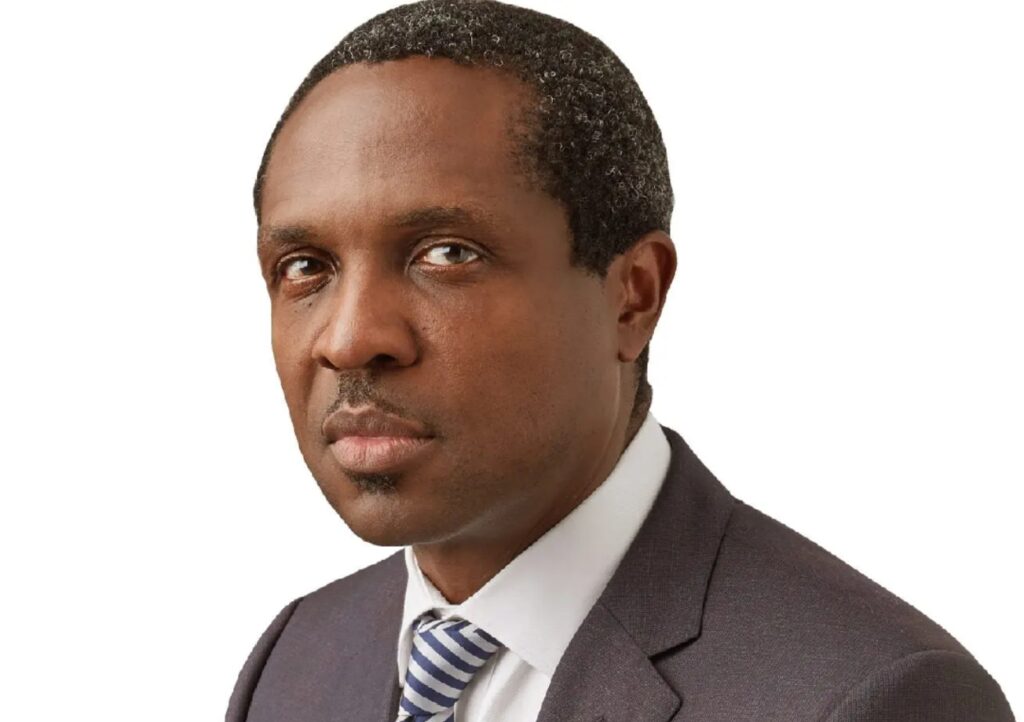Tonye Cole, a former governorship candidate in Rivers State, has explained why it’s not possible for fuel prices in Nigeria to drop to N700 per litre at this time. Despite recent developments in Nigeria’s oil industry, including the announcement that the Port Harcourt refinery has started refining crude oil, Cole says that several factors are still affecting the cost of fuel.
In an interview with Channels Television, Cole discussed the issues surrounding fuel pricing in Nigeria. He pointed out that the cost of refining locally is still higher than the price at which fuel is sold in the country. He explained that the Nigerian National Petroleum Company Limited (NNPCL) had announced the Port Harcourt refinery would start operating at 60% capacity, processing 60,000 barrels of crude oil per day. While this is a positive step for Nigeria’s oil industry, Cole stressed that the refineries still rely heavily on imported machinery and equipment, which adds to the overall cost of refining.
According to Cole, the price of fuel in Nigeria is currently lower than the price of importing refined fuel, which discourages many from bringing in fuel from abroad. However, this has led to a drop in overall fuel consumption in Nigeria. With less fuel being imported, there’s been a decrease in pressure on the country’s foreign exchange reserves, which has helped in reducing the demand for foreign currency.
Cole also explained that while the country is seeing more local fuel production, there are still many foreign exchange costs to deal with. The machinery and equipment used to refurbish the refineries were imported, meaning Nigeria still has a significant foreign exchange component to address before the fuel price can fall.







